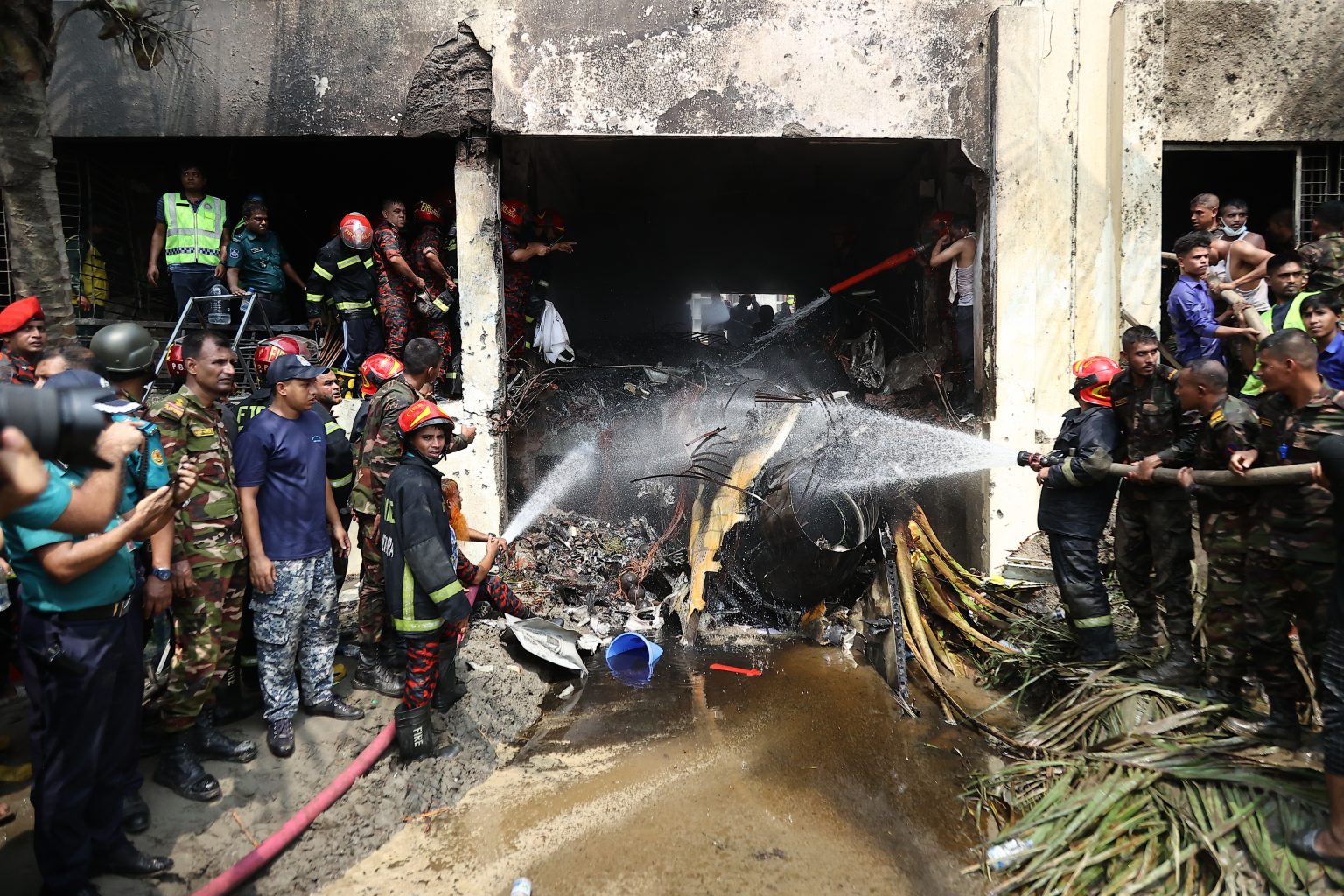Dhruba Sarker
Smartphones are now ubiquitous fixtures at emergencies and disasters. The moment something terrible happens — a bus crashes on a Dhaka highway, a school building erupts in flames — many bystanders reflexively raise their phones. Instead of rushing to help, they want to capture every horrifying detail for likes and shares. This chilling trend has begun to overshadow humanity in Bangladesh, where the desire to be famous online seems to outweigh moral conscience.
In recent months the phenomenon has been impossible to miss. When a bus veered off the Padma Expressway in March 2023, killing nearly 20 people, videos of the wreckage circulated widely online. Among the stunned crowd at the scene, countless fingers pointed smartphone cameras at the twisted metal and the wounded, treating the disaster as content rather than crisis. Instead of becoming first responders, they became documentarians, framing gore for clicks. It is a sad irony that one of South Asia’s most lethal road corridors became a stage for this spectacle.
The horror of the Milestone School jet crash in July underscores the problem. An Air Force training aircraft went down onto the school grounds, killing dozens of children and teachers. As flames roared, Maherin Chowdhury, a 46-year-old English teacher, repeatedly braved the inferno to pull students from burning classrooms, even as her own clothes caught fire. Meanwhile, snippets of the crash and its aftermath were broadcast live on social media. Cameras clicked, focusing on the burning building and terrified students, as the tragedy played out like a live movie for viewers at home.
This obsession with recording tragedy is not confined to the Milestone crash or bus accidents. Any time calamity strikes in Bangladesh — a ferry sinks in the Buriganga, a train derails near Narayanganj, even a building goes up in smoke — one sees the same pattern: crowds gather, not to clear debris or tend the injured, but to capture every agonizing moment. It’s a stark symbol of how social media has warped our priorities. Many young people today grew up as broadcasters before they even learned decency.
Some might argue that filming an accident serves to alert authorities or bear witness, but that rationale quickly falls apart. By the time local rescuers arrive, any viral clip has done little to summon help — instead it simply becomes one more metric of online outrage. The real first responders are often victims’ families or the bravest bystanders. After the Milestone crash, for example, it was a colleague’s call to the nearby army base that got the firetruck rolling, not any Facebook or Twitter alert. And while live videos stay online for weeks, the voices of the injured often fade unheard and comfortless.
Bangladeshis have always been known for compassion and solidarity. In crisis — floods, cyclones, fires — neighbors drop everything to help others, even risking their lives to save a child. But that generous impulse is now frayed by our smartphone obsession. When tragedy strikes, some of us tweet or film first and help later; the impulse to “go live” has come to outweigh the instinct to rush in and save the wounded. This is no small shift — it’s a moral turning point.
To change course, we must demand a return to basic decency. Media campaigns and education programs can remind people that sharing someone’s suffering online is no virtue, and authorities could penalize those who hinder rescue efforts by filming instead of helping. Above all, we need to spark empathy again. We should remember Maherin Chowdhury and the many unsung heroes who risked everything for the injured; honoring them means refusing to turn real trauma into trending content. Instead, let empathy become as contagious as any viral video.
Bangladesh’s future will always be bright with youthful promise. But a truly great nation isn’t built on viral fame; it’s built on the quiet courage to do right. In this age of social media, let compassion be our most shareable quality. Because in the end, no number of likes can warm a human heart or comfort an injured child — we must choose care over clicks. That choice will decide whether our humanity ends up on the cutting-room floor of the internet or lives on in the hearts of those we help.
The writer is Teaching Assistant, Business School, BRAC University


